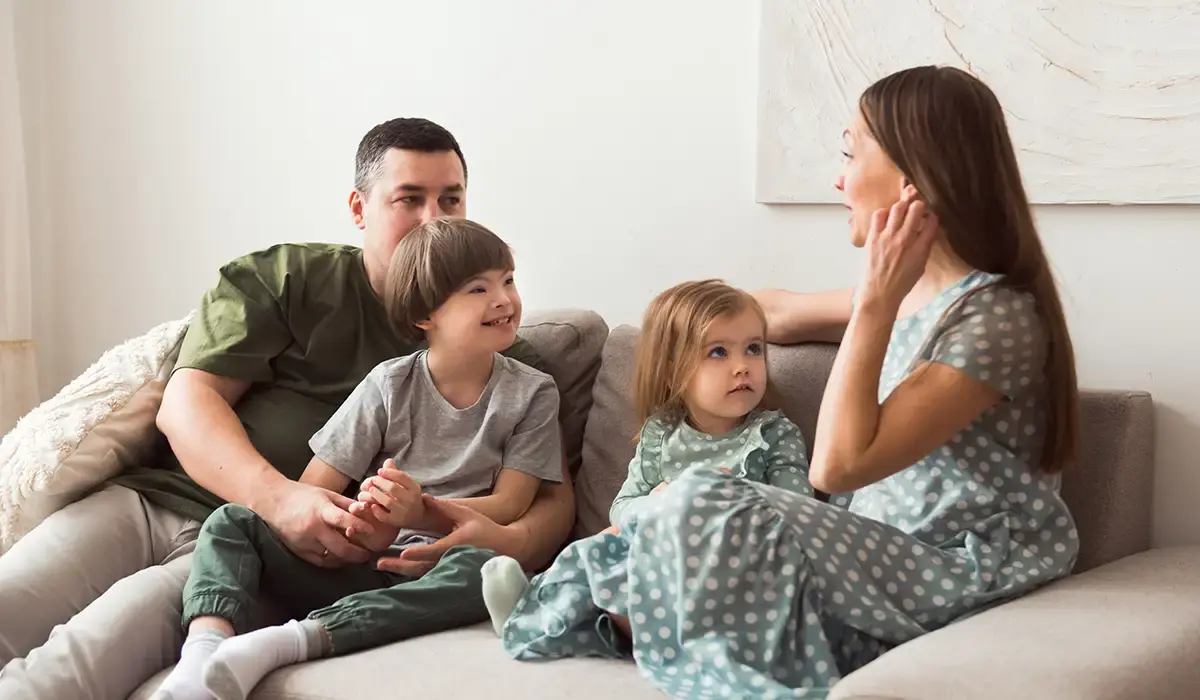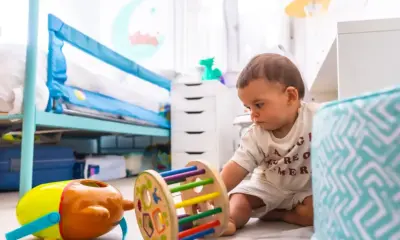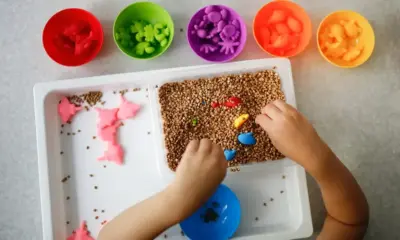Milestone
Talking About the Past Helps Toddlers Learn Language

Boosting Toddler Speech: Toddler Language Through Reminiscing
Reminiscing helps young children learn language quickly, making Toddler Language Through Reminiscing a powerful tool for boosting early childhood development.
Why Reminiscing Matters in Early Childhood Conversations
Parents often read books or play with toys, but they can also develop Toddler Language Through Reminiscing using meaningful past experiences.
A recent study published in the Journal of Applied Developmental Psychology explored how nostalgic conversations impact language growth in toddlers and preschoolers.
Researchers observed Danish parents talking to 3- to 5-year-olds while reminiscing, reading picture books, or playing with LEGO bricks.
Through detailed transcript analysis, researchers compared sentence length, vocabulary richness, and child engagement across each type of parent-child interaction.
What the Study Revealed About Language Benefits
Reminiscing produced speech from parents that was just as rich as reading books, and more engaging than simple toy play.
Interestingly, Toddler Language Through Reminiscing led parents to use longer and more complex sentences naturally, enhancing children’s language exposure.
Children responded more enthusiastically during reminiscing compared to playing with toys, indicating higher engagement and active conversational participation.
Professor Erika Hoff emphasized how conversations about past events offer richer grammar and vocabulary than many structured learning activities.
She noted, “Talk in reminiscing is characterized by longer and more complex sentences than talk in many other settings.”
Reminiscing Helps, But It’s Not a Universal Solution
Despite its benefits, reminiscing alone will not eliminate broader educational gaps rooted in socioeconomic or parental education differences.
Language development relies on both quality and quantity of exposure, meaning reminiscing complements—but does not replace—other educational tools.
Parents with higher education levels still tend to provide more language-rich input, regardless of the activity involved, researchers observed.
Still, everyday parents can improve language exposure by engaging in more in-depth, meaningful conversations based on shared experiences or stories.
Practical Ways Parents Can Start Reminiscing Today
You can begin with simple questions like, “Remember when we went to the park?” or “What did we do last birthday?”
Use photo albums, holiday memories, or even favorite meals to encourage your toddler to recall, describe, and reflect on events.
Keep it fun and interactive, ask open-ended questions, and offer vivid details that help build storytelling and descriptive language naturally.
The key is consistency and engagement—share meaningful memories, show interest in your child’s answers, and gently guide the conversation forward.
Whether you talk about yesterday’s picnic or last month’s trip, you’re making powerful language connections during those nostalgic moments together.
Conclusion: Talk More, Learn More
By using Toddler Language Through Reminiscing, parents create simple, enjoyable moments that foster language growth through shared memory and storytelling.
Explore more parenting insights, child development tips, and educational strategies—visit our website for the latest articles today.












